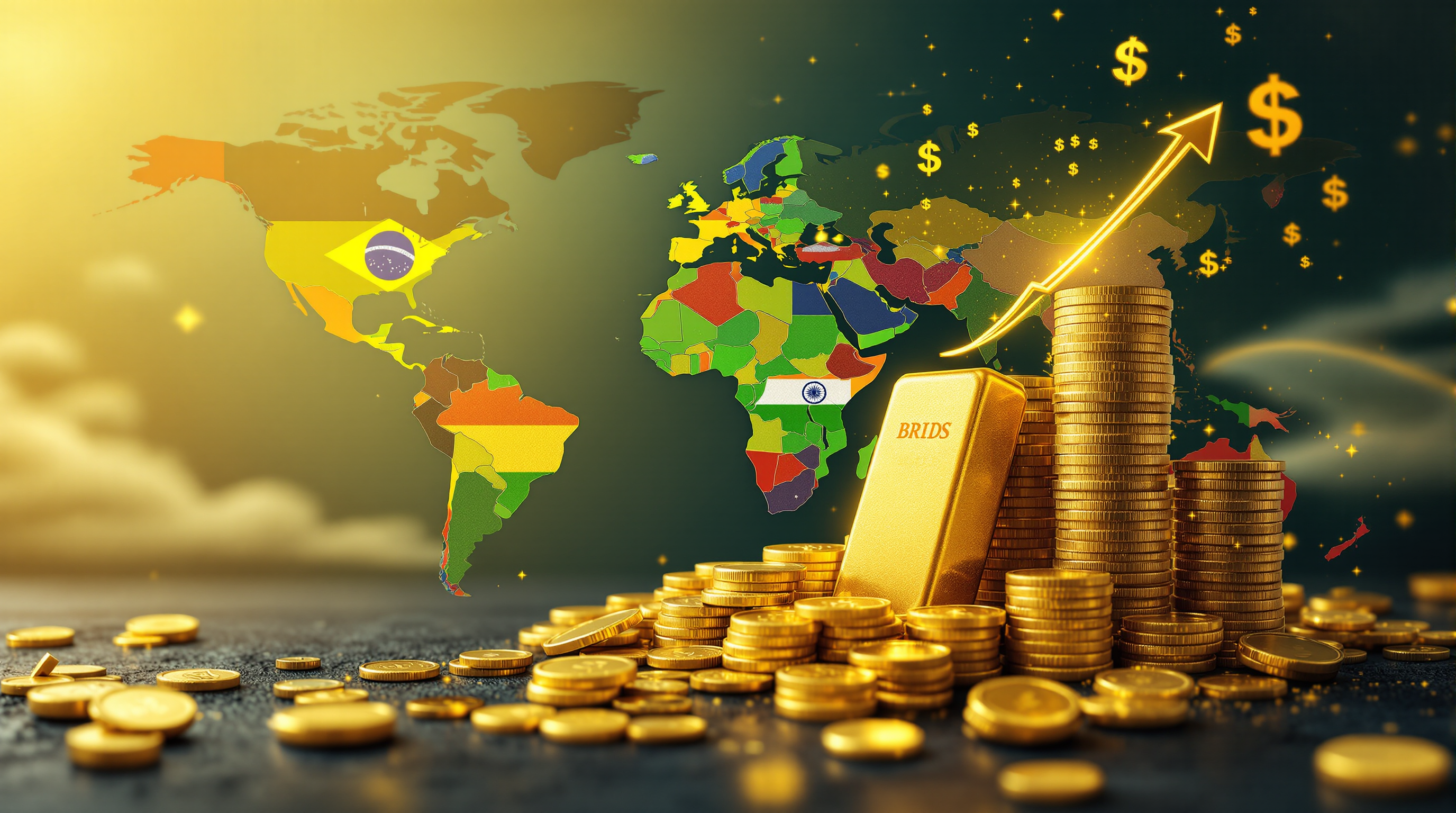Here's what nobody tells you about tariffs: they're not economic disasters—they're intelligence tests for business leaders. The companies that panic and scramble are revealing something profound about their strategic capabilities. The ones that thrive? They've been thinking three moves ahead all along.
Stop reading tariff headlines like a victim. Start reading them like a chess master.
The Brutal Truth About "Tariff-Proofing"
Most business advice about tariffs is garbage. "Diversify your supply chain," they say. "Build relationships with multiple suppliers." This is the kind of obvious, surface-level thinking that keeps mediocre companies mediocre.
Here's the real insight: Tariffs don't destroy businesses—they expose businesses that were already fragile.
If a 25% tariff can kill your company, your company was already dying. You just didn't know it yet.
Uncomfortable Truth
The businesses screaming loudest about tariff "unfairness" are usually the ones that built their entire strategy around exploiting cheap labor and regulatory arbitrage. When that advantage disappears, they have nothing left.
Why Smart Companies Love Trade Wars
While your competitors are having nervous breakdowns about tariff announcements, you should be getting excited. Here's why:
Trade wars eliminate weak players. Every tariff is a stress test that forces out companies operating on razor-thin margins with no strategic depth. When they exit, their market share doesn't disappear—it gets redistributed to survivors.
Uncertainty creates opportunity gaps. When everyone else is paralyzed by "what if" scenarios, decisive companies can make moves that would be impossible in stable times. Suppliers become more flexible. Customers become more loyal. Competitors become more predictable.
Crisis reveals true competitive advantages. When external conditions change rapidly, the companies with genuine strategic moats pull ahead. The ones relying on temporary advantages get exposed.
Case Study in Strategic Thinking: When Trump announced steel tariffs, most manufacturers panicked. But one mid-sized equipment company had been quietly developing relationships with domestic steel suppliers for two years—not because they predicted tariffs, but because they understood that over-dependence on any single advantage is strategic suicide. When tariffs hit, they gained 40% market share in 18 months.
The Anti-Fragility Framework
Forget "tariff-proofing." That's defensive thinking. Build anti-fragile operations that get stronger under stress.
Principle 1: Redundancy Is Strength
Every critical business function should have multiple pathways to success. Not because you're paranoid, but because optionality is power.
- Supply chains: Three qualified suppliers minimum, different countries, different risk profiles
- Revenue streams: Multiple customer segments that respond differently to economic stress
- Operational capabilities: Internal capacity to handle functions you currently outsource
This isn't about efficiency—it's about survivability. Efficient systems are fragile. Redundant systems are resilient.
Principle 2: Volatility Is Information
Most companies try to minimize volatility. Smart companies learn to extract value from it.
When tariff announcements create price swings, you're seeing real-time market intelligence about:
- Which competitors have weak supply chains
- Which customers are price-sensitive vs. loyalty-driven
- Which suppliers are genuinely strategic partners vs. transactional vendors
Use this information. While others are trying to "get back to normal," you should be repositioning for the new reality.
Strategic Insight
The companies that complain most about "unpredictable" trade policy are usually the ones with the least sophisticated scenario planning. Unpredictability is only a problem if you're not prepared for multiple futures.
The Psychology of Crisis Leadership
Here's what separates great leaders from good ones during trade disruptions: emotional regulation under uncertainty.
When tariff announcements hit, your team will look to you for cues about how to interpret the situation. If you're panicked, they'll panic. If you're excited about the strategic opportunities, they'll start seeing opportunities too.
Leadership Moment: When China tariffs were announced, one CEO sent this message to his team: "Interesting development. This changes the competitive landscape in ways that could benefit us significantly. Let's meet tomorrow to discuss how we capitalize on this." His company gained market share. His competitors lost sleep.
The Narrative You Tell Matters
Internal narrative shapes external results. Choose your story carefully:
Victim narrative: "These tariffs are hurting our business and there's nothing we can do."
Victor narrative: "These market changes are creating opportunities for companies smart enough to adapt quickly."
Same facts. Completely different outcomes.
Financial Engineering for Uncertainty
Traditional financial planning assumes predictable cash flows. That assumption is now obsolete. Modern financial management requires tools designed for volatility.
The Scenario Portfolio Approach
Instead of budgeting for one future, budget for three:
- Base case: Current conditions continue
- Stress case: Tariffs increase significantly
- Opportunity case: Trade tensions create competitive advantages
Allocate resources across all three scenarios. When one scenario becomes reality, you're already positioned to execute.
Contrarian Insight
The best time to expand is when everyone else is contracting. Tariff-induced market disruptions create acquisition opportunities that don't exist during stable periods.
The Intelligence Advantage
Most companies react to tariff announcements. Smart companies anticipate them.
Build intelligence systems that give you advance warning of policy changes:
- Political risk monitoring: Track legislative proposals and regulatory signals
- Industry intelligence networks: Relationships with trade associations and policy insiders
- Competitive intelligence: Monitor how competitors are positioning for different scenarios
Information asymmetry is competitive advantage. While others are reading about tariffs in the news, you should already be three steps into your response plan.
The Compound Effect of Strategic Thinking
Here's the beautiful irony: companies that prepare for tariff volatility become better at everything else too.
The supply chain flexibility you build for trade wars also protects against natural disasters. The financial reserves you maintain for tariff scenarios also enable opportunistic investments. The scenario planning you do for trade policy also improves your response to technological disruption.
You're not just tariff-proofing your business—you're building a strategically superior organization.
The Meta-Game: While your competitors are playing checkers with individual tariff responses, you're playing chess with comprehensive strategic capability building. When the next crisis hits—and it will—you'll be ready for that too.
Your Strategic Action Plan
Stop thinking like a victim of trade policy. Start thinking like a beneficiary of market disruption:
- Audit your fragilities: Where would a 50% cost increase break your business model?
- Build redundant capabilities: Create multiple pathways for every critical function
- Develop market intelligence: Know what's coming before your competitors do
- Accumulate strategic resources: Cash, relationships, and capabilities for opportunistic moves
- Practice scenario execution: Run regular "what if" exercises with your team
The next trade disruption is coming. The only question is whether you'll be among the companies that get stronger or the ones that get eliminated.
Final Truth
Tariffs don't create winners and losers—they reveal who the winners and losers already were. The companies thriving during trade wars aren't lucky. They're prepared. And preparation is a choice you make every day, not a crisis response you improvise.




